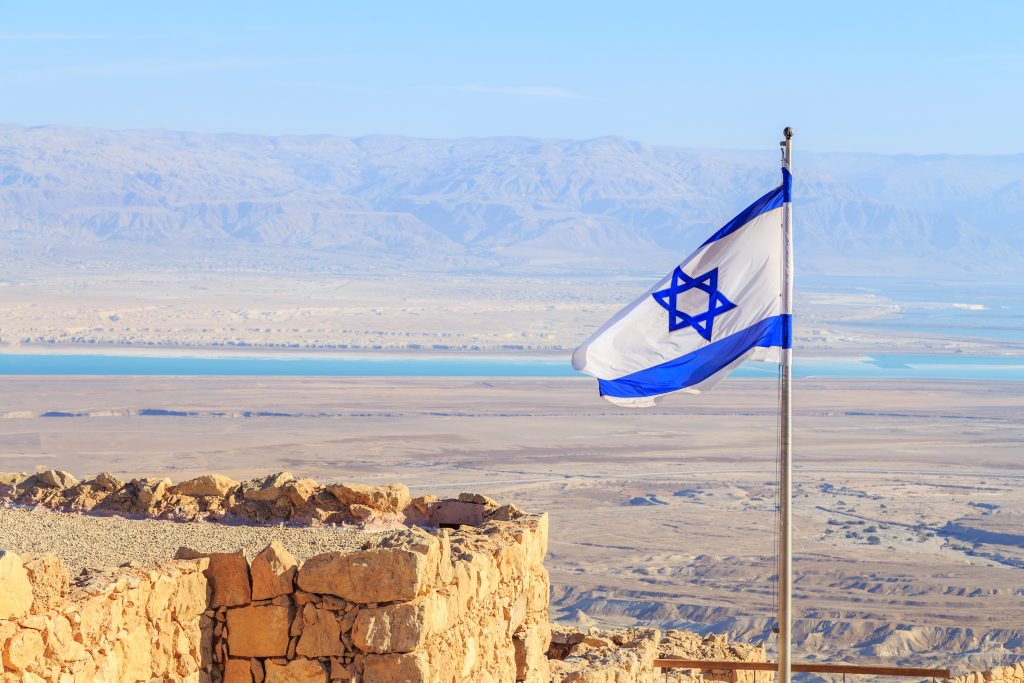
The Middle East is on high alert this week as the Israel-Hamas conflict threatens to expand following the assassination of Hamas’ political leader, Ismail Haniyeh, in Tehran. Iran’s Supreme Leader Ayatollah Ali Khamenei has vowed to retaliate against Israel, a move that could potentially draw the region into a broader conflict.
Rising Tensions After Assassination
Iran’s Islamic Revolutionary Guard Corps (IRGC) has pledged “blood vengeance” for Haniyeh’s killing, further heightening tensions. While both Tehran and Hamas accuse Israel of the assassination, the Israeli government has neither confirmed nor denied involvement. The assassination has intensified the already volatile situation, with the possibility of Iran and its proxies launching attacks on Israel.
Fleeing Lebanon
In Lebanon, a sense of urgency has gripped the population. The U.S. embassy in Beirut has advised American citizens to leave the country, prompting a rush to book flights amidst cancellations by several airlines. The Lebanese people, many of whom are still reeling from previous conflicts, are preparing for the worst. Major airlines have suspended flights, adding to the anxiety and uncertainty.
Preparedness in Israel
In Israel, the government is actively preparing for potential attacks. Defense Minister Yoav Gallant and U.S. Secretary of Defense Lloyd Austin have discussed comprehensive security strategies, focusing on both defensive and offensive capabilities. The Israeli Defense Forces (IDF) have ramped up their readiness, with officials emphasizing the importance of being prepared to switch from defense to offense swiftly.
Prime Minister Benjamin Netanyahu has warned Iran and its proxies that any aggression will be met with a strong response. “Anyone who harms us will pay a very heavy price,” Netanyahu declared, reaffirming Israel’s commitment to achieving its goals in Gaza and securing the release of hostages.
Diplomatic Efforts
Amid the escalating tensions, diplomatic efforts are underway to prevent a full-scale war. Jordanian Foreign Minister Ayman Safadi made a rare visit to Tehran, and Egypt’s Foreign Minister Badr Abdelatti reached out to Iran’s Acting Foreign Minister Ali Bagheri Kani. Both countries are urging calm and attempting to mediate in the hope of de-escalating the situation.
However, Iranian officials remain defiant. Iranian President Masoud Pezeshkian described the assassination as a “major mistake” by Israel, and spokesperson Nasser Kanaani reaffirmed Iran’s resolve to deter Israeli actions.
Potential Northern Front
The situation is further complicated by the possibility of Hezbollah entering the fray. Israel recently assassinated a high-ranking Hezbollah commander, Fu’ad Shukr, in retaliation for a deadly rocket attack. Hezbollah’s leader Hassan Nasrallah has hinted at a coordinated response with other regional groups, raising fears of a multi-front conflict.
Regional Impact and Civilian Preparations
The potential for a wider conflict has led to significant civilian preparations in both Israel and Lebanon. Israelis are stocking up on essentials, and the government has issued guidelines for reaching bomb shelters quickly. Emergency services are conducting exercises to ensure readiness for various scenarios, including power outages and mass casualty events.
In Lebanon, despite the looming threat, life continues with a semblance of normalcy. Along Beirut’s seafront, people are enjoying the summer, even as they remain acutely aware of the potential for sudden violence. The Lebanese, hardened by years of conflict, are determined to live their lives despite the uncertainties.
A Fragile Calm
The broader geopolitical implications of this week’s developments are significant. Any escalation could derail efforts to reach a ceasefire in Gaza and complicate hostage negotiations. The involvement of the United States, which has reinforced its military presence in the region, underscores the global stakes of this conflict.
As the week progresses, the actions of regional players will be closely watched. The situation remains fluid, with the potential for both diplomatic breakthroughs and military escalations. For now, the Middle East holds its breath, hoping to avoid a full-scale regional war but preparing for the worst.
The next few days could be pivotal in determining the course of the Israel-Hamas conflict and its impact on the broader Middle East. The region’s future hangs in the balance, with the possibility of a significant escalation looming large. As nations brace for potential violence, the world watches, hoping for peace but preparing for the realities of war.
Do you mind if I quote a few of your posts as long as
I provide credit and sources back to your
webpage? My blog is in the very same area of interest as yours and my users would genuinely benefit from
a lot of the information you present here. Please let me know if this alright with you.
Cheers! https://vanzari-parbrize.ro/parbrize/parbriz-hyundai-accent_i_x_3_-2000-375666.html
Sure, go ahead.